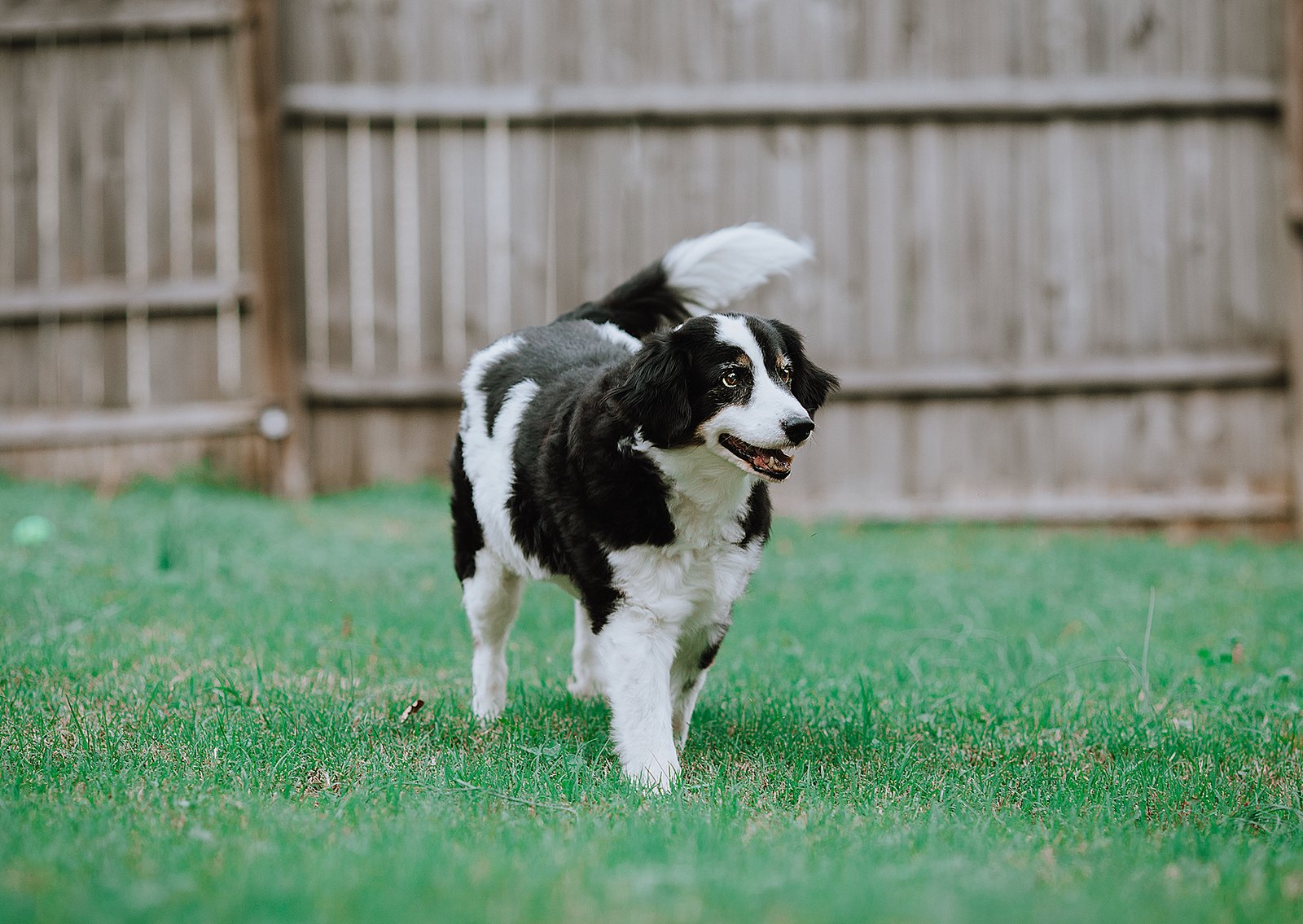Isn’t it amazing how our dogs fill our homes with joy, laughter, and that special spark of unconditional love? As the years go by, those loyal eyes may grow a little cloudier and their steps a little slower, but inside, they’re still the same devoted friend. Watching your dog age can tug at your heart, but there’s good news: with a few thoughtful changes, you can help your senior dog feel younger, happier, and more vibrant every single day. Here are seven powerful ways to give your aging companion the best golden years possible.
Prioritize Quality Nutrition

As your dog enters their senior years, their nutritional needs shift dramatically. It’s not just about filling the bowl anymore; it’s about choosing foods that support aging bodies. Senior dogs often need fewer calories but more high-quality protein to help maintain lean muscle. Look for foods with joint-supporting nutrients like glucosamine and chondroitin, and consider omega-3 fatty acids for brain and heart health. Avoid those cheap fillers and artificial additives—your dog deserves better! You might also notice your dog’s appetite changing or their digestion becoming more sensitive. In these cases, smaller, more frequent meals with gentle ingredients can make a big difference. Always consult your vet before making food changes, but remember: what’s in the bowl can truly transform your senior dog’s well-being.
Keep Them Moving with Gentle Exercise
It’s tempting to think that senior dogs just want to nap all day, but staying active is crucial for their happiness and health. Gentle walks, short play sessions, and even swimming can work wonders for stiff joints and tired muscles. The key is consistency over intensity. Instead of long hikes, opt for several short strolls where your dog can sniff and explore at their own pace. Interactive toys or low-impact games, like hide-and-seek with treats, can also keep them mentally and physically engaged. Watch for signs of fatigue or pain, and always let your dog set the pace. Movement keeps those golden years golden—so grab that leash and make some memories together!
Focus on Joint and Mobility Support

Joint pain is a common struggle for aging dogs, but you don’t have to watch helplessly. There are many ways to ease their discomfort and boost mobility. Orthopedic dog beds provide extra support for sore bodies, while ramps and pet stairs make it easier to reach favorite spots on the couch or bed. Regular, gentle massages can soothe aching joints and improve circulation. Supplements like glucosamine, MSM, and green-lipped mussel are popular choices for joint support—just make sure to check with your vet before starting anything new. Little adjustments around your home, like non-slip rugs or raised food bowls, can also prevent slips and make daily life easier for your best friend.
Schedule Regular Health Check-Ups

The older your dog gets, the more important those vet visits become. Senior dogs can develop health issues quickly, and often the earliest signs are easy to miss. Scheduling regular check-ups every six months helps catch problems before they become serious. Your vet may recommend bloodwork, dental exams, or even special screenings for things like arthritis, kidney function, or thyroid problems. Early detection can add years of quality life, and gives you peace of mind. Don’t hesitate to ask about changes you’ve noticed, even if they seem small—sometimes a subtle shift in behavior is the first clue your dog needs a little extra help.
Enrich Their Minds and Senses
Just because your pup has a few gray hairs doesn’t mean they’ve lost their curiosity! Senior dogs benefit tremendously from mental stimulation and sensory experiences. Puzzle toys, scent games, and learning new tricks can keep their minds sharp and spirits high. Even simple changes, like exploring a new walking route or offering safe chew toys, can spark excitement. Keep social interactions positive and low-stress—gentle playdates or quiet time with family can help prevent loneliness and boredom. A mentally active dog is a happy dog, and that joy shines through in every wag of the tail.
Show Extra Love and Comfort
As dogs age, they crave reassurance and comfort more than ever. Your presence is the greatest gift you can offer. Take a few minutes each day to cuddle, offer gentle belly rubs, or simply sit together in the sun. Soft, cozy bedding in quiet areas can help your dog rest peacefully, while calming routines—like a soothing bedtime ritual—can ease anxiety. Listen to your dog’s needs: some seniors become more clingy, while others value quiet independence. Respect their preferences and adapt as needed. Ultimately, your love and attention are the most potent medicine for aging hearts.
Monitor and Adjust Their Environment
Senior dogs can become more sensitive to temperature, noise, and changes in routine. Keeping your home comfortable and safe will help them feel secure. In cooler months, provide extra blankets or a heated bed; in summer, make sure they have a cool spot to rest. Reduce loud noises and sudden changes, as older dogs often startle more easily. Consider using nightlights for those with vision problems, or creating a designated area where your dog can retreat and relax without interruption. Small tweaks to their living space can dramatically boost their confidence, comfort, and overall well-being.
Your senior dog deserves all the love and care to keep their tail wagging through their golden years. With just a few thoughtful changes to their routine, you can help them stay happy, healthy, and full of life. Every walk, cuddle, and healthy meal adds up to more precious moments together. After everything they’ve given you, helping them thrive is the sweetest gift you can give in return.